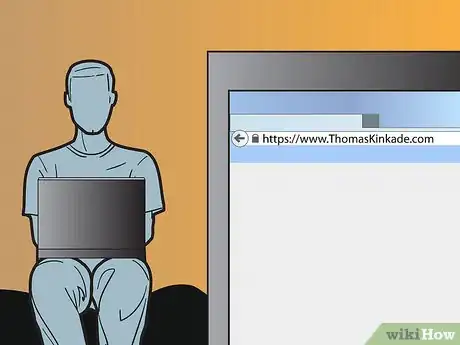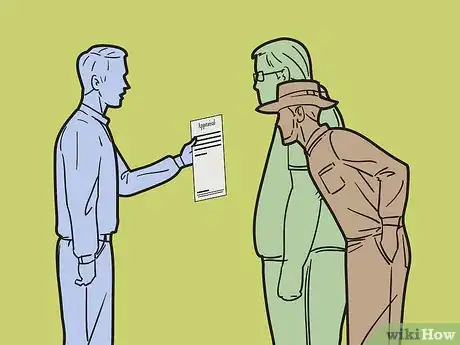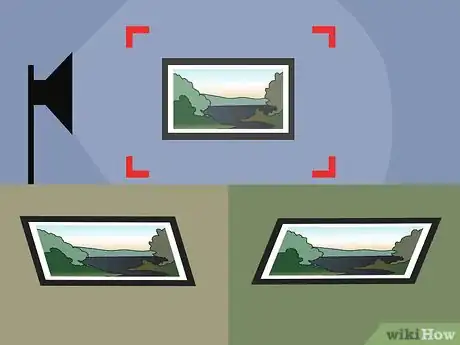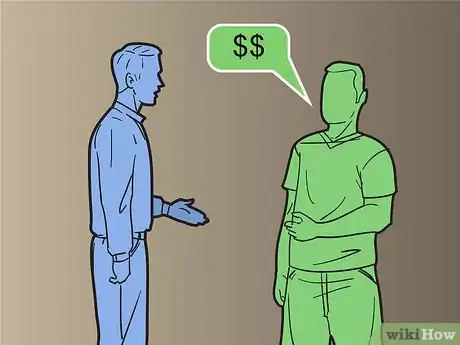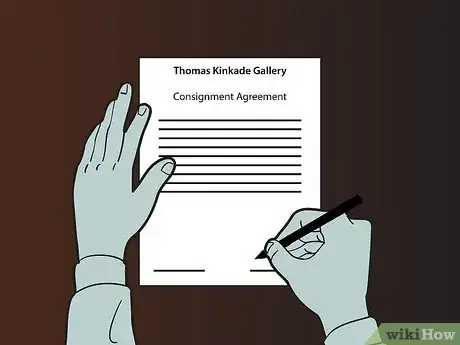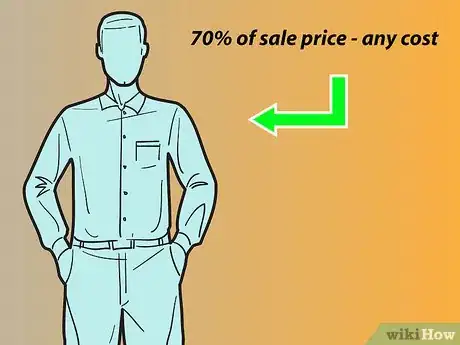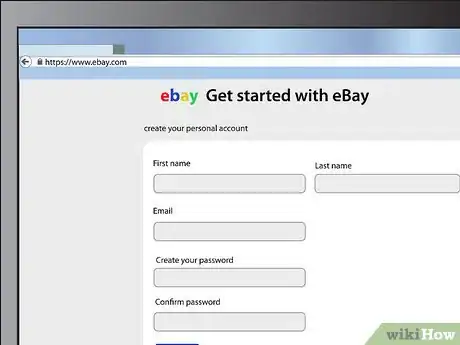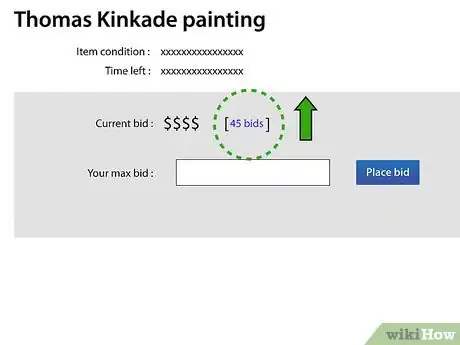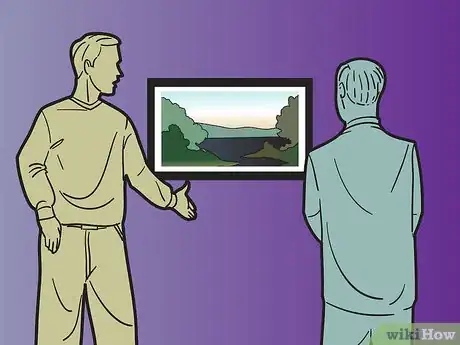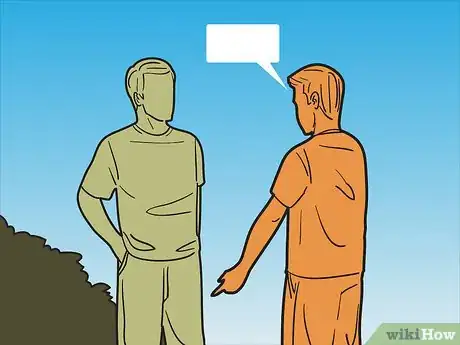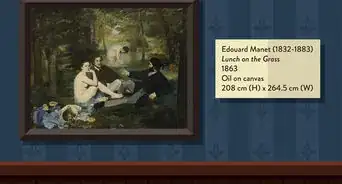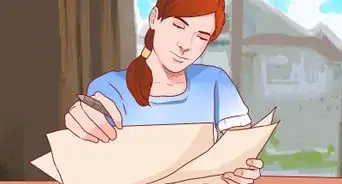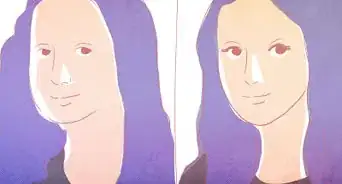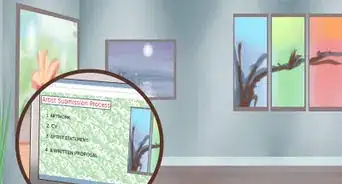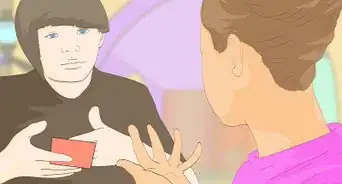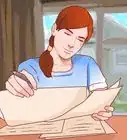wikiHow is a “wiki,” similar to Wikipedia, which means that many of our articles are co-written by multiple authors. To create this article, 12 people, some anonymous, worked to edit and improve it over time.
This article has been viewed 133,269 times.
Learn more...
Thomas Kinkade, known as the "Painter of Light" was a landscape artist whose work is popular in the United States. Some statistics estimate that 1 out of every 20 homes has a Kinkade painting. This artist followed a different path than many artists, creating many reproductions of his canvas paintings in his lifetime. After his death in April of 2012, many of his originals increased in value. The price of Kinkade paintings depends largely on whether it is sold out, or no longer available, through the publisher. If you have a Kinkade painting, you will need to do some research on how best to ensure a good price for the work. Learn how to sell Thomas Kinkade paintings.
Steps
-
1Research the type of Kinkade painting you own. First, you should check whether it is still available on ThomasKinkade.com, because this will tell you whether it is sold out at the publisher. Find out which of the following categories describes your painting:[1]
- Original canvas paintings. These are originals of later published and produced pieces by Kinkade. They are arguably the most valuable of all his paintings.
- Original plein air paintings. These oil landscape paintings were landscapes painted in a day. They are unpublished so the price can vary greatly.
- Original paintings on paper. These oil paintings are rare and more valuable than the sketches.
- Original sketch. These are usually charcoal sketches on paper. They sell highly especially if they include color and/or they are preliminary sketches for paintings that sold very well.
- Studio and renaissance proofs. These include highlights and extra brush strokes to make them look more likely the originals.
- Gallery proofs. These manufactured paintings include highlights and an embossed remarque. They are worth more than an artist proof.
- An artist proof or examination proof. These are manufactured paintings based on Kinkade originals. They are highlighted by a master highlighter.
-
2Pay for an appraisal of your painting. Call your art appraiser to ask if they can appraise Kinkade paintings. Get a written appraisal from them so that you can show it to people when selling, if need be.[2]Advertisement
-
3Take excellent photos of your painting. Make sure to use good lighting. Take photos of the painting from all angles, including a gallery shot, with your painting framed and hanging.[3]
- An art broker will charge a fee to sell your painting or ask for a commission on its selling price.
-
4Put your painting on consignment with a Kinkade art gallery. Devoted Kinkade galleries often hold various paintings on consignment. You will likely be asked to sign a consignment agreement that states you will receive a percentage of the sale value minus any costs.[4]
- For example, the Thomas Kinkade Signature Gallery gives the consignor 70 percent of the sale price minus any costs.
-
5Create an account on eBay to sell your painting. If you have a certificate of authenticity, you may be able to get a good price for the art on eBay. Research what other Kinkade paintings are selling for and set a minimum bid before starting an auction.[5]
-
6The rarity of the painting is likely to determine the number of bids you get. Paintings that are still available through the Thomas Kinkade publisher may need to be offered below market price in order to sell.
-
7Consult a local art gallery or auction house. Take your painting or photos to local art sellers to see if they want to display your painting. If they choose to take on your Kinkade consignment, they are likely to have similar terms as an online consignment house.[6]
-
8Research and contact art brokers. These art professionals make their living selling artwork. Look for brokers who have experience selling Thomas Kinkade paintings, because it is likely they already have a client list that may be interested.
Community Q&A
-
QuestionIf I have concerns about selling my Thomas Kinkade painting, where do I get accurate research about the painting I have, along with the current estimated value?
 Community AnswerKinkade maintains a webpage. Google it and email to ask about the value.
Community AnswerKinkade maintains a webpage. Google it and email to ask about the value. -
QuestionI'm in Austin, TX and trying to sell five prints under glass (signed and numbered) and two oils (numbered). Is there an option to do this, other than eBay?
 Community AnswerYes. You could try Etsy. Artsts use it all the time, so it might work for you.
Community AnswerYes. You could try Etsy. Artsts use it all the time, so it might work for you. -
QuestionWhat is the certificate of authenticity, and where would I locate it?
 Community AnswerIt should have been given to you by the seller of the artwork. Especially if you bought it in a gallery. It's a seal on a document that states that the artwork is authentic (real, not a fake).
Community AnswerIt should have been given to you by the seller of the artwork. Especially if you bought it in a gallery. It's a seal on a document that states that the artwork is authentic (real, not a fake).
Things You'll Need
- Appraisal
- Consignment agreement
- Certificate of authenticity
- Photographs
- Art gallery
- Auction house
- Art broker
References
- ↑ https://thomaskinkade.com/
- ↑ https://americanart.si.edu/research/my-art/object-worth
- ↑ https://www.youtube.com/watch?v=Vpj28da03JQ
- ↑ https://thomaskinkade.com/customer-service/galleries/
- ↑ https://www.ebay.com/help/selling/selling/start-selling-ebay?id=4081
- ↑ http://www.washingtonpost.com/blogs/arts-post/post/thomas-kinkade-paintings-selling-swiftly-what-buyers-should-know/2012/04/10/gIQApZ077S_blog.html
